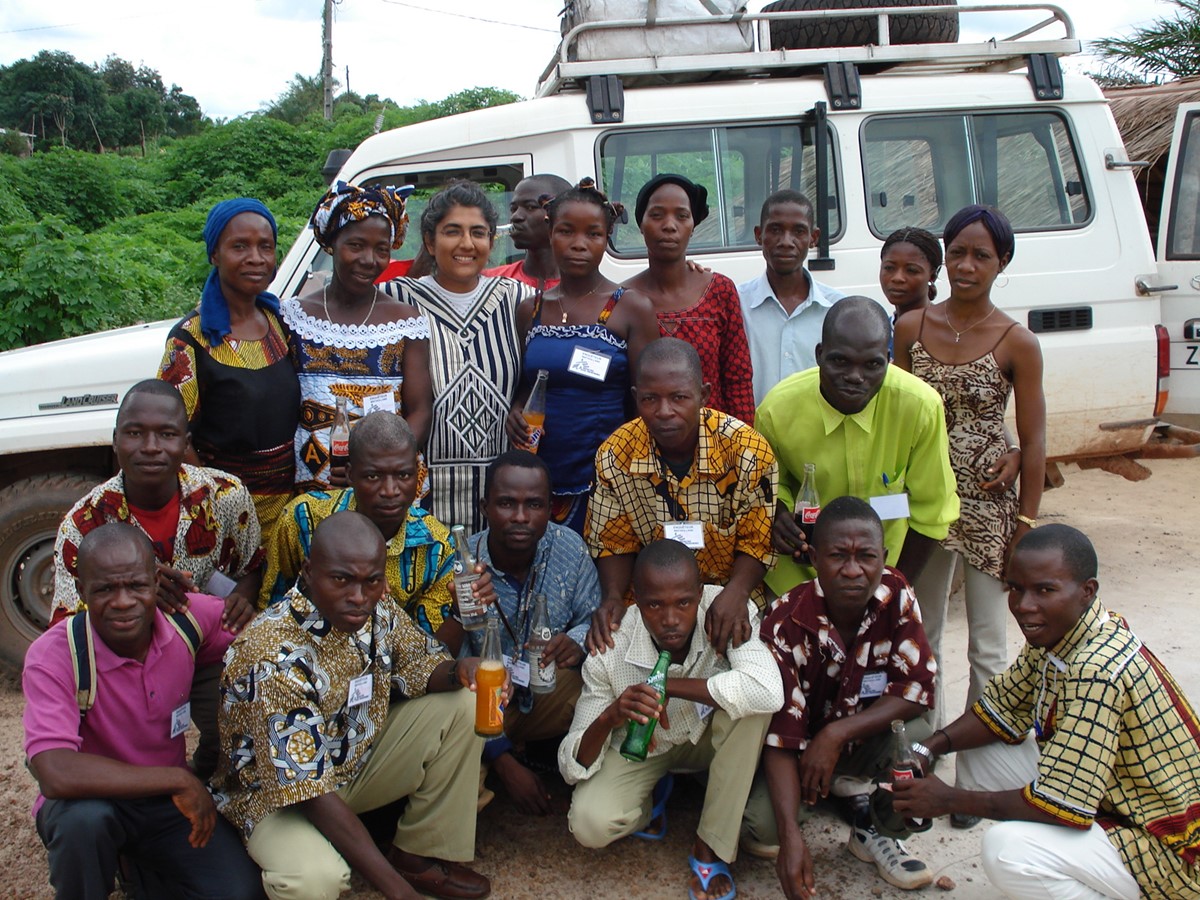Hearing the voiceless
As a doctor, Kamalini Lokuge could change the life of one patient. As an epidemiologist with the ANU Research School of Population Health, she is changing the lives of thousands.
For most people, working as a doctor in humanitarian crises would be enough. That would be making enough of a difference to the world. But Dr Kamalini Lokuge wanted to do more.
“I loved being a doctor in the field,” she says. “But what I realised is that as a doctor, if you don’t understand the lives of your patients, you don’t give them good care.”
“Knowing they’ve got diarrhoea is not enough. You need to understand where they get their water supply, what they’re eating, how they’re living. Unless you then take that knowledge and find a way to advocate for a policy to support services that address those gaps, you’re not doing your job as a doctor.
“That’s why I became an epidemiologist and came to the ANU Research School of Population Health. Because I believe evidence-based advocacy is the way to make change.”
Dr Lokuge still works in humanitarian crises and what she understatedly refers to as “complex settings”, but she now brings a unique view of “understanding by doing”.
Working in collaboration with Médecins Sans Frontières to address problems on the ground, and supported by the resources of the ANU Research School of Population Health, Dr Lokuge can learn from individual cases in the field and “provide a voice” for them where it needs to be heard.
“One of the first patients I saw during the Ebola outbreak in Sierra Leone was a nine year-old boy,” she explains. “His whole family had died, and he came to our treatment centre, and died two days later.”
“How will he ever have a voice? Unless his experience contributes to change, we will continue to make the same mistakes. And that’s not right.
“Being based at ANU, I work with statisticians, other epidemiologists and anthropologists, researchers with really world-class expertise. I can bring the problems my implementing colleagues are encountering in the field and utilise the research resources here to fix those problems.
“I can do what I think is needed for that little boy and bring that knowledge back to a setting where it can be potentially translated into something that’s going to have benefit at a population level.
“That’s the power of the research I do.”

